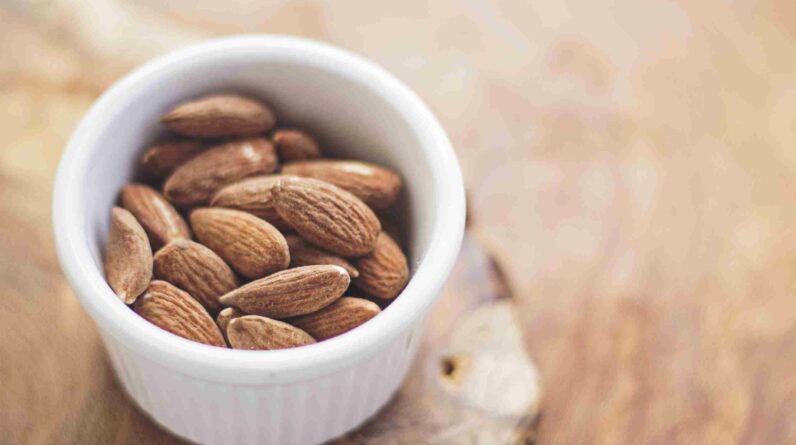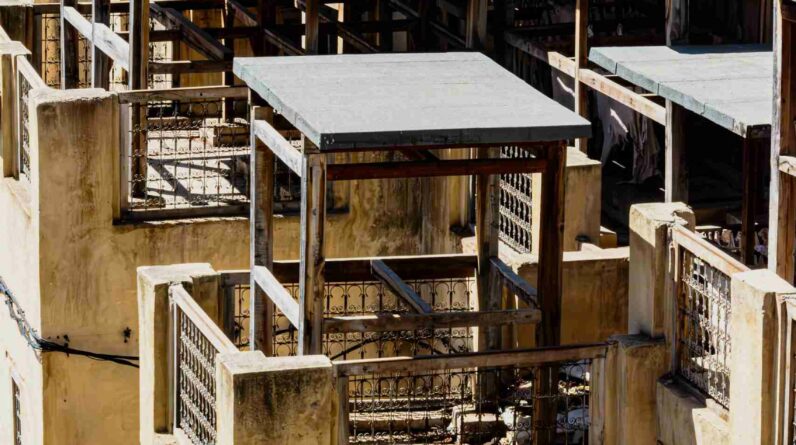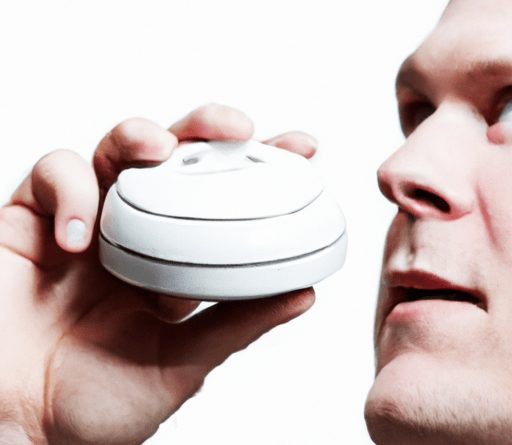Ever opened your refrigerator and noticed that your food isn’t as cold as it should be? It’s a frustrating and potentially costly issue, but fear not! In this article, we’ll guide you through the telltale signs that your refrigerator is not cooling properly. From warm milk and spoiled produce to excessive frost buildup and unusual noises, we’ll help you troubleshoot the problem and get your fridge back to its optimal cooling performance, ensuring your groceries stay fresh and your snacks stay cool. So let’s jump right in and uncover the signs that indicate your refrigerator needs a little TLC!
Signs of Poor Refrigerator Cooling
When it comes to our refrigerator, keeping the food fresh and the drinks cold is essential. However, there may come a time when we notice that our trusty fridge is not cooling properly. In such cases, it is important to identify the signs of poor refrigerator cooling so that we can take necessary actions to rectify the issue. Here are some common signs that indicate our refrigerator is not cooling properly and needs attention.

Warm Interior
One of the most obvious signs that our refrigerator is not cooling properly is a warm interior. When we open the door, instead of feeling the refreshing blast of cold air, we are greeted with a rather lukewarm temperature. This can be quite concerning, especially if we have perishable items like dairy products or meat stored inside. If the interior of our refrigerator is not maintaining a cold temperature, it may be a sign of poor cooling efficiency.
Frozen Items
While it may seem contradictory, finding frozen items in our non-freezer sections of the refrigerator is another sign that the cooling is not functioning properly. This can happen if the temperature control is malfunctioning, causing the refrigerator to overcool certain areas. When we discover items such as vegetables, fruits, or condiments frozen solid, it is a clear indication that our refrigerator is struggling to maintain an appropriate and consistent temperature.
High Temperature
On the other end of the spectrum, if we notice that the temperature inside our refrigerator is unusually high, it may be a sign of poor cooling. This can be observed by checking the thermostat or by touching the side walls of the refrigerator. If the temperature feels significantly warmer than usual, it implies that the cooling system is not running optimally. It is crucial to address this issue promptly as higher temperatures can lead to faster spoilage of food items.
Condensation
Excessive condensation inside the refrigerator is a sign that the cooling system is not functioning properly. When we open the refrigerator door and notice moisture buildup on the walls or shelves, it indicates that the air circulation is not optimal. This can result in uneven cooling and can potentially lead to mold growth or food spoilage. If we consistently find ourselves having to wipe away excess moisture, it may be time to have our refrigerator’s cooling system checked.

Unusual Noises
Our refrigerator is not typically a noisy appliance. So, when we start to hear strange or excessive noises coming from our fridge, it is definitely a reason for concern. Unusual grinding, rattling, or buzzing sounds can indicate a problem with the cooling system, such as a faulty motor or a malfunctioning compressor. These noises are a clear sign that our refrigerator is not cooling properly, and professional attention may be necessary to diagnose and resolve the issue.
Frequent Cycling
If our refrigerator is cycling on and off too frequently, it is a sign that the cooling system is not functioning as it should. Frequent cycling occurs when the refrigerator has to work harder and longer to maintain the desired temperature. This can happen due to various reasons, such as a malfunctioning thermostat, clogged coils, or inadequate airflow. Not only does this diminished cooling efficiency impact the overall lifespan of the refrigerator, but it also results in higher energy consumption.

Food Spoilage
One of the most frustrating signs of poor refrigerator cooling is frequent food spoilage. When we notice that our food is spoiling faster than usual, even when stored properly, it can be directly attributed to inadequate cooling. Whether it’s milk turning sour too quickly, vegetables wilting prematurely, or leftovers going bad within a couple of days, it is an indication that the refrigerator is not maintaining a consistently cold temperature. Avoiding such spoilage requires getting to the root of the cooling issue.
Water Leakage
If we see water pooling around our refrigerator, it is a sign that the cooling system is not functioning properly. This can happen due to a variety of reasons, including a blocked defrost drain or faulty seals. When the refrigerator is unable to expel the water generated during the cooling process, it can lead to leakage. Not only does this indicate poor cooling efficiency, but it can also result in damage to the flooring or the surrounding area. Addressing the water leakage promptly is crucial to prevent further complications.
Inadequate Ice Production
If our refrigerator has an ice maker, monitoring the ice production can be another way to identify poor cooling. If we notice that the ice maker is not producing enough ice or the ice cubes are smaller than usual, it could be a sign that the refrigerator is struggling to maintain the required cooling temperature. Inadequate ice production can be a nuisance for those who rely on ice for refreshing beverages or for hosting gatherings. It signifies an underlying cooling problem that needs to be addressed.
Excessive Energy Consumption
While not immediately noticeable, another sign of poor refrigerator cooling is excessive energy consumption. When the cooling system is not working efficiently, the refrigerator has to work harder and longer to maintain the desired temperature. This results in increased energy consumption, which translates to higher electricity bills. If we observe a noticeable spike in our energy usage without any significant change in our daily routine, it could be an indicator that our refrigerator is not cooling as it should.
In conclusion, it is important to pay attention to the signs of poor refrigerator cooling to ensure the longevity and efficiency of our appliance. From a warm interior and frozen items to high temperatures, condensation, unusual noises, frequent cycling, food spoilage, water leakage, inadequate ice production, and excessive energy consumption, each sign alerts us to the need for addressing cooling issues promptly. Seeking professional assistance and regular maintenance can help us diagnose and rectify the underlying problems, ensuring our refrigerator keeps our food fresh and our drinks chilled to perfection.










